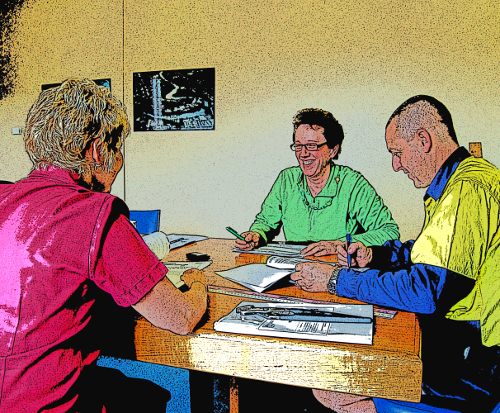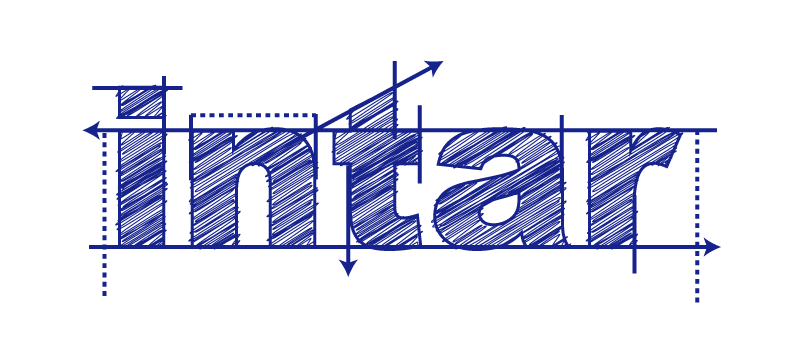The validation process

Validating the assessment events you've conducted, the decisions you've made and the tools you're using is like carrying out a quality control check. This process helps to ensure that you're using sound practices and making accurate and consistent decisions. It is also a requirement under the Standards for RTOs.
Validation methods
Feedback from candidates
At the end of each course, you should give the participants an evaluation form to complete. This allows them to rate various aspects of the training and assessment activities, and provide feedback on what they believed the good and bad points were.
Feedback from participants is very valuable, because it gives you an insight into how people respond to your presentation style and the activities you give them to do.
Personal reflection
Reflecting back over an assessment event you have conducted is another excellent way of reviewing your processes. Ask yourself which parts went well, and which parts didn't. Then ask yourself whether the procedure was fair on the candidate throughout the event. Once you've identified any weaknesses in the way you ran the assessment event, you can make changes to the way you carry it out next time.
Feedback from work colleagues
Work colleagues are an important source of feedback on your techniques and processes. For example, you can talk to the participants' supervisors or managers, to get their view on the relevance and accuracy of the assessment methods you use.
Moderation sessions with other assessors
Moderation sessions are meetings you hold with other assessors, where you compare assessment tools and decisions with each other.
These sessions are sometimes called validation sessions, because they help you to verify that the techniques and tools you're using are giving 'valid' results.
Some people make a distinction between 'moderation' and 'validation', as follows:
Moderation is a more informal process, allowing assessors to share their views, discuss problems and suggest changes to improve the 'reliability' of the assessment processes and tools - that is, working to ensure that all assessors would come to the same decision using these tools.
Validation is a formal process, like an audit, where assessment processes and tools are evaluated against set benchmarks to determine their effectiveness and 'validity'.

